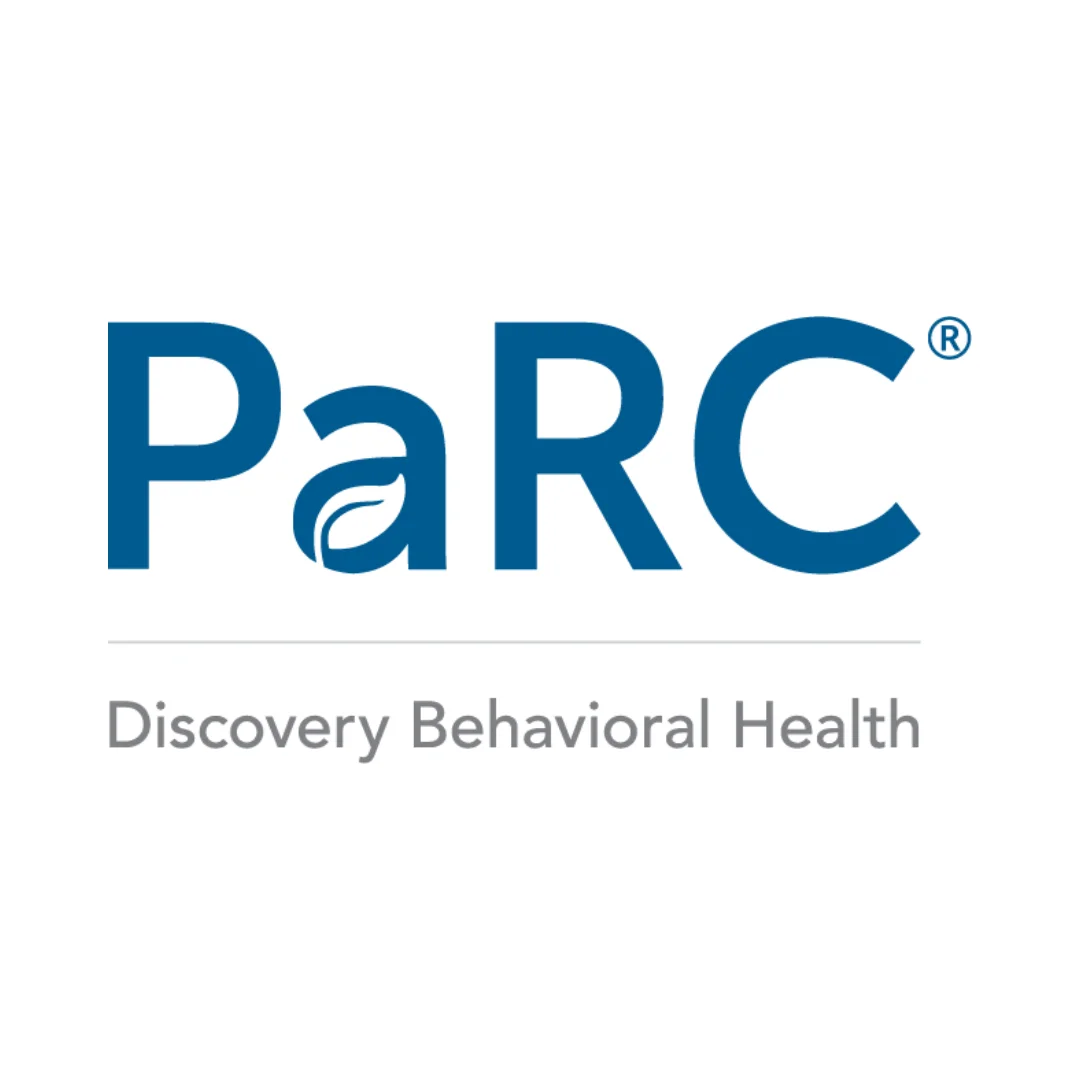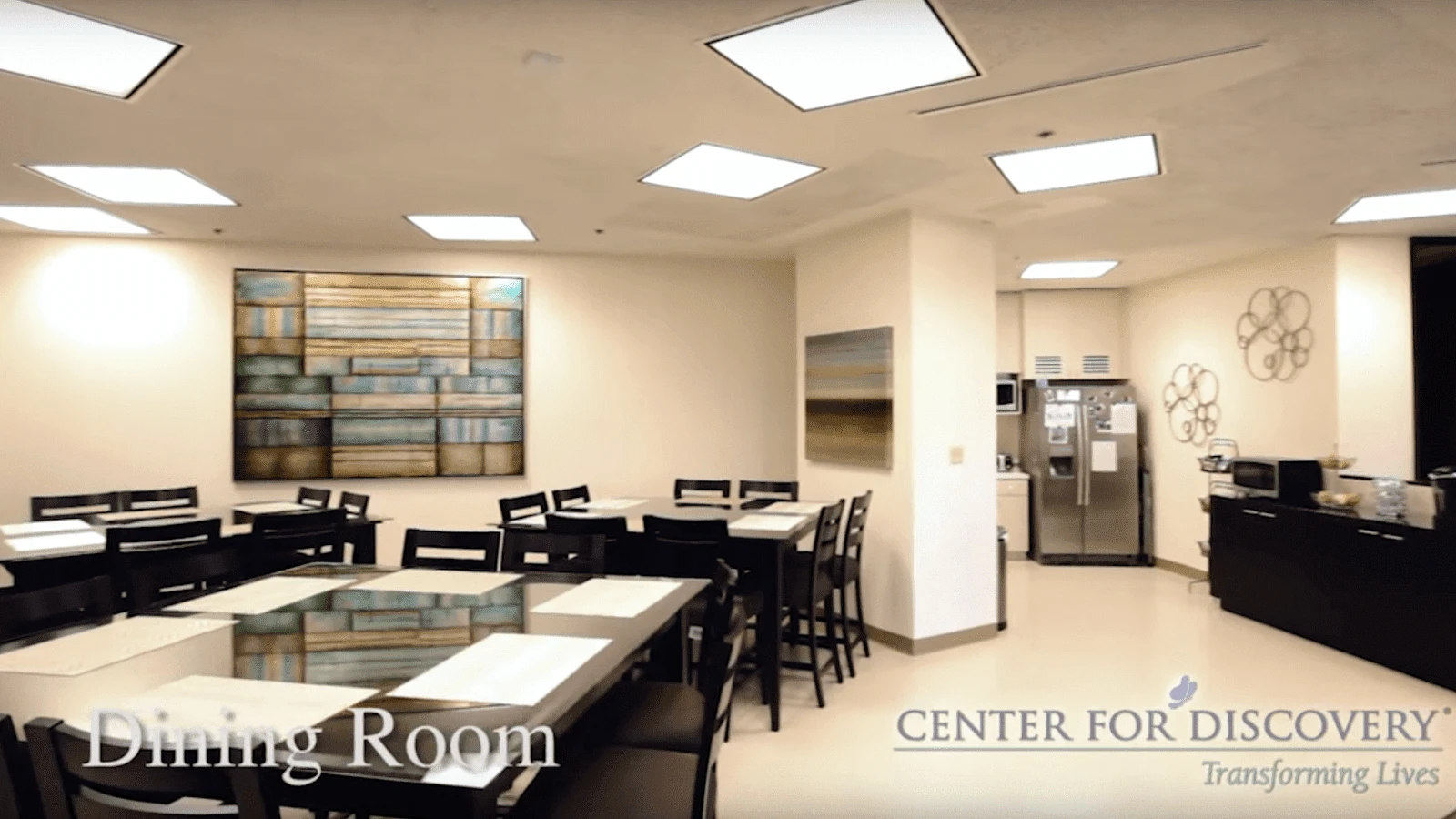Center for Discovery Woodland Hills Information
Treatment
Who We Treat
- Teens / Adolescents
- Adolescents
- Male and Female
Treatment Focus
- Eating Disorders
Approaches
- Individual Treatment
- Evidence-Based
- Family Therapy
- Group Therapy
- Non 12 Step
- Cognitive Behavioral Therapy (CBT)
- Dialectical Behavior Therapy (DBT)
- 1-on-1 Counseling
- Yoga Therapy
- Eye Movement Therapy (EMDR)
- Nutrition Counseling
Conditions We Treat
- Eating Disorders
- Co-Occurring Disorders
Languages
- English
Aftercare
- Intensive Outpatient Program
- Aftercare App
- Alumni Events & Get-Togethers
Level of Care
- Outpatient
- Intensive Outpatient Program (IOP)
- Day Treatment
- Virtual & In-Home Care
Accreditations
-
The Joint Commission
The Joint Commission's addiction and behavioral health accreditation signifies a facility's commitment to high-quality care. It involves rigorous evaluations and assessments of clinical practices, ensuring effective, evidence-based treatment. Accreditation showcases a dedication to continuous improvement and patient safety, instilling trust among patients, families, and healthcare professionals. It's a mark of excellence in addiction and behavioral health care.

Additional Locations
Center for Discovery Woodland Hills Accepts The Following Insurance Plans
Find the best treatment options. Call our free and confidential helpline today!














